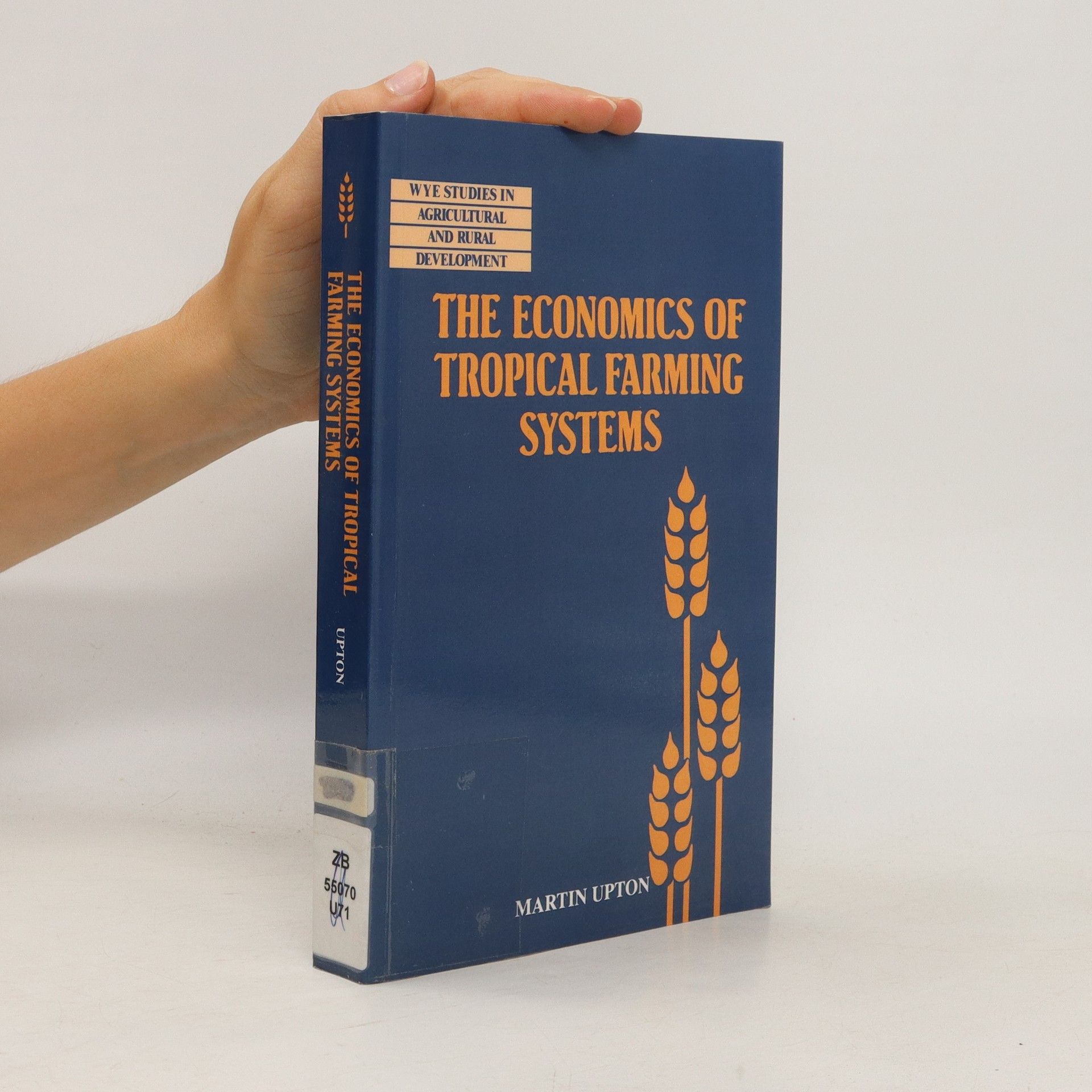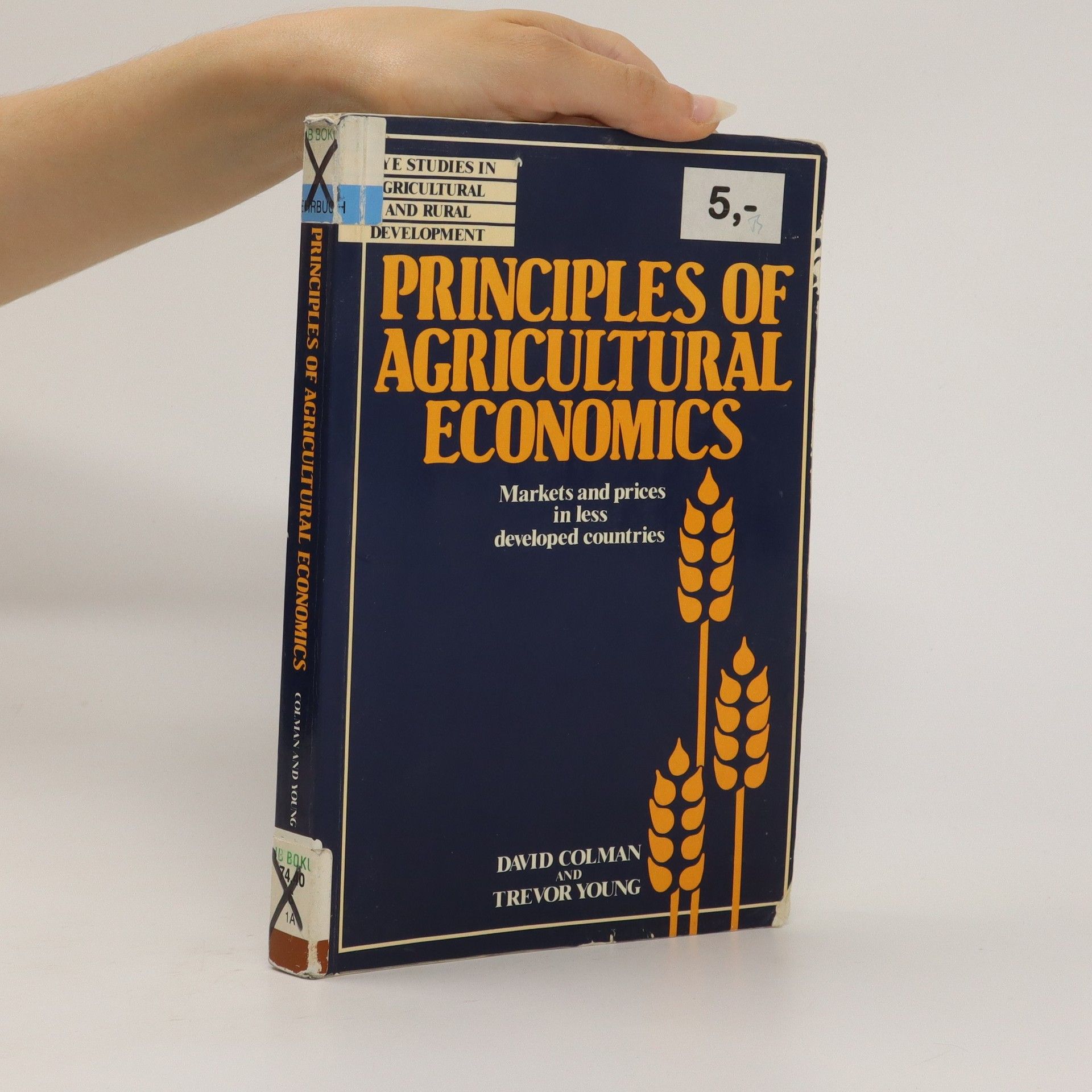This textbook focuses on essential economic principles for agricultural economists engaged in rural development. While the principles of micro-economics or price-theory are relevant globally, the book emphasizes their significance in the context of agricultural and food sectors in developing countries. It sets itself apart from other texts by using hypothetical and real-world examples primarily from these nations, unlike many that rely on industrialized country scenarios. The first half covers foundational concepts of production, supply, and demand, which are crucial for managing agricultural sectors and food markets. The second half integrates supply and demand into discussions of equilibrium and exchange, followed by trade and economic welfare theory. The concluding chapter illustrates how earlier material can be synthesized by agricultural economists to analyze and compare the impacts of various agricultural policies. This structured approach allows agricultural economics to offer a consistent framework for addressing policy challenges, thereby playing a vital role in promoting rural development.
Wye Studies in Landbouw- en PlattelandsontwikkelingReeks
Deze serie richt zich op de kernprincipes, technieken en praktische toepassingen die essentieel zijn voor landbouw- en plattelandsontwikkeling, met name in ontwikkelingslanden. Het biedt waardevolle bronnen voor studenten, docenten en professionals die zich bezighouden met planning en beheer binnen deze kritieke sector. De collectie is bedoeld om te voorzien in de behoefte aan actuele en effectieve lesmaterialen, en bevordert expertise om mondiale uitdagingen aan te gaan. Lezers vinden hier essentiële hulpmiddelen voor beleidsanalyse en de implementatie van effectieve ontwikkelingsstrategieën.


Aanbevolen leesvolgorde
Clear student text on theory and practice of economic decision making in tropical agriculture.